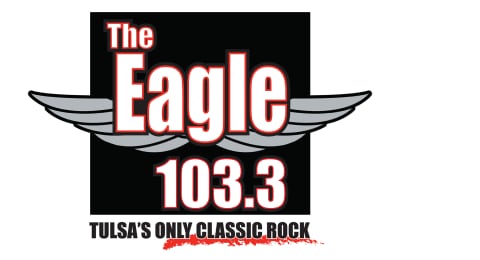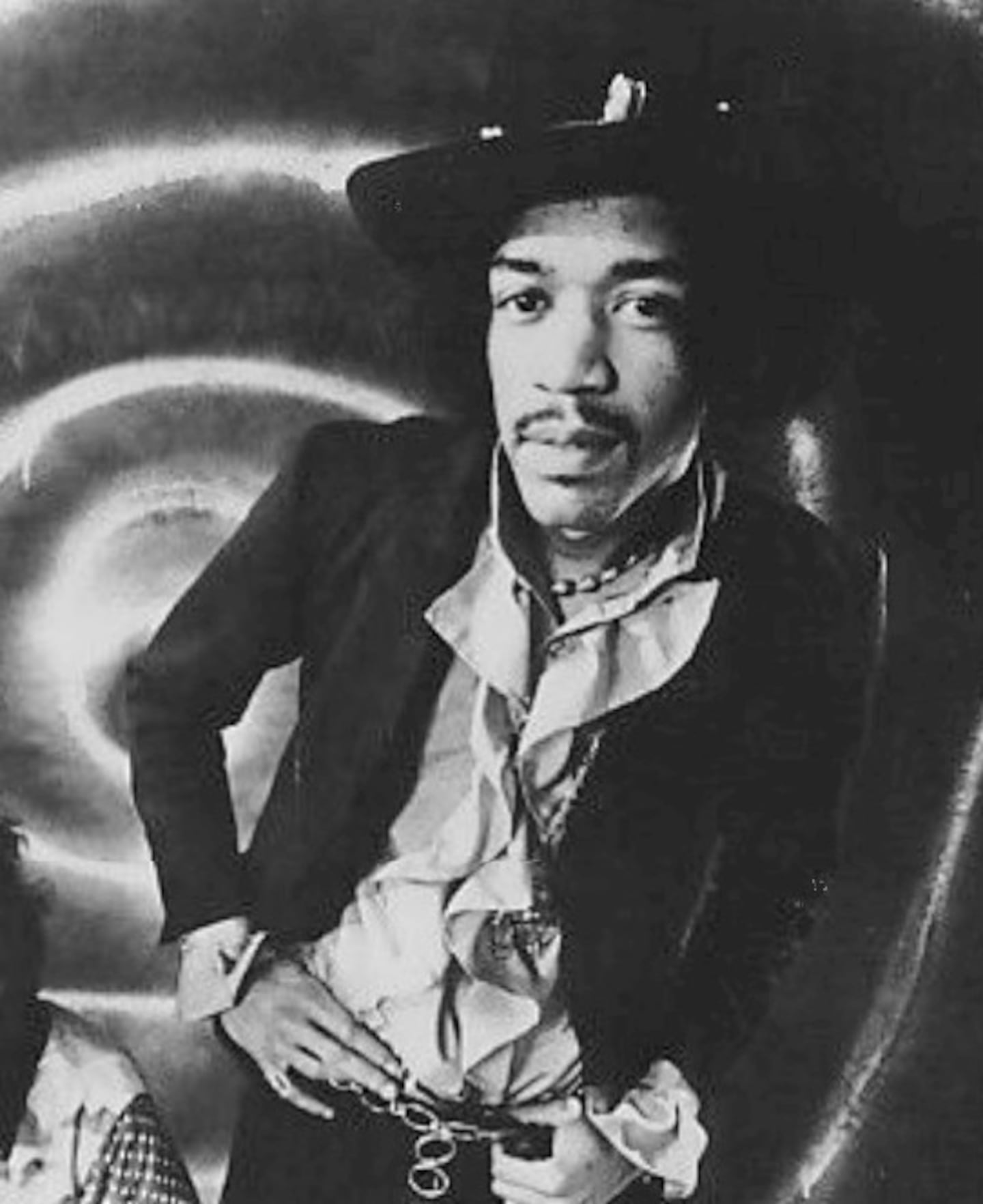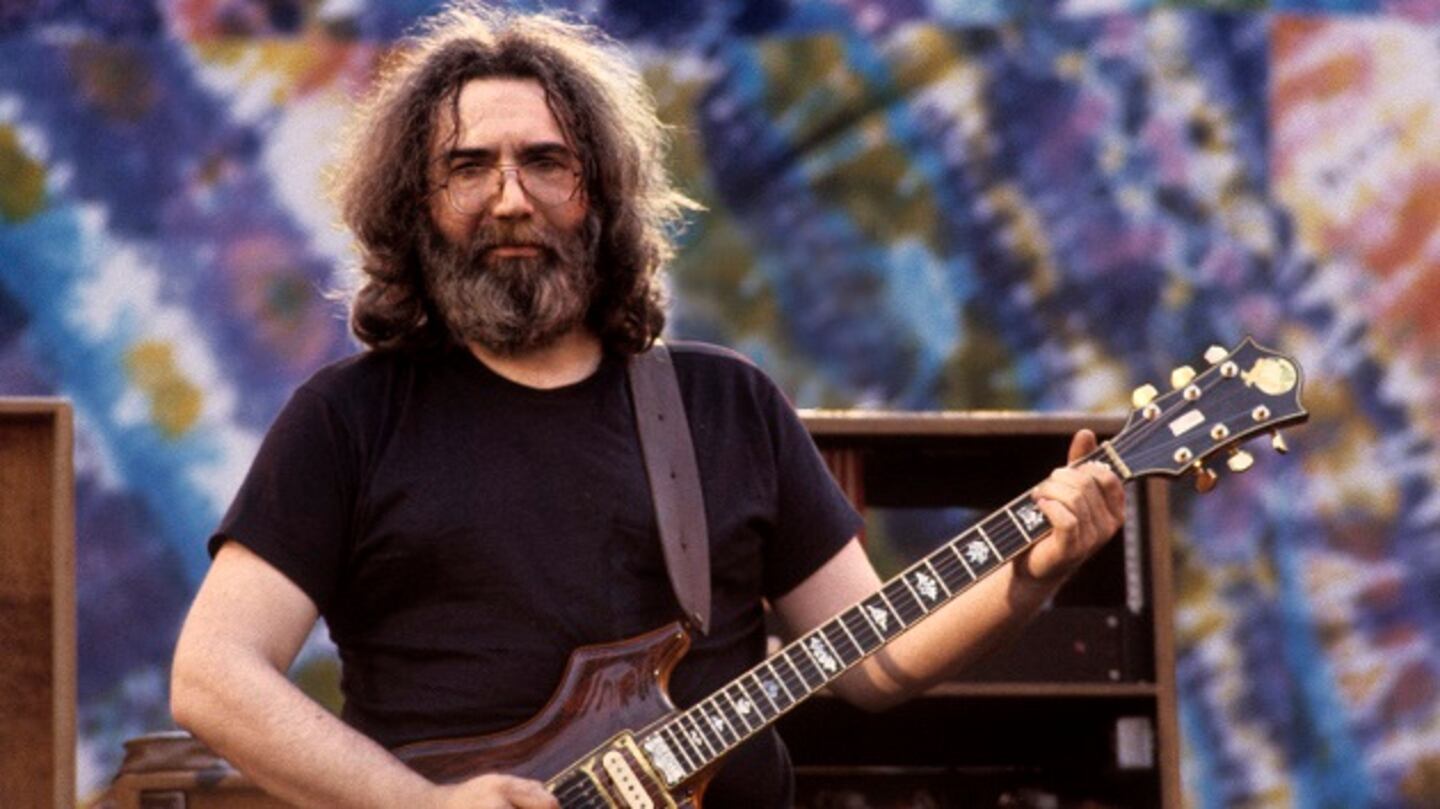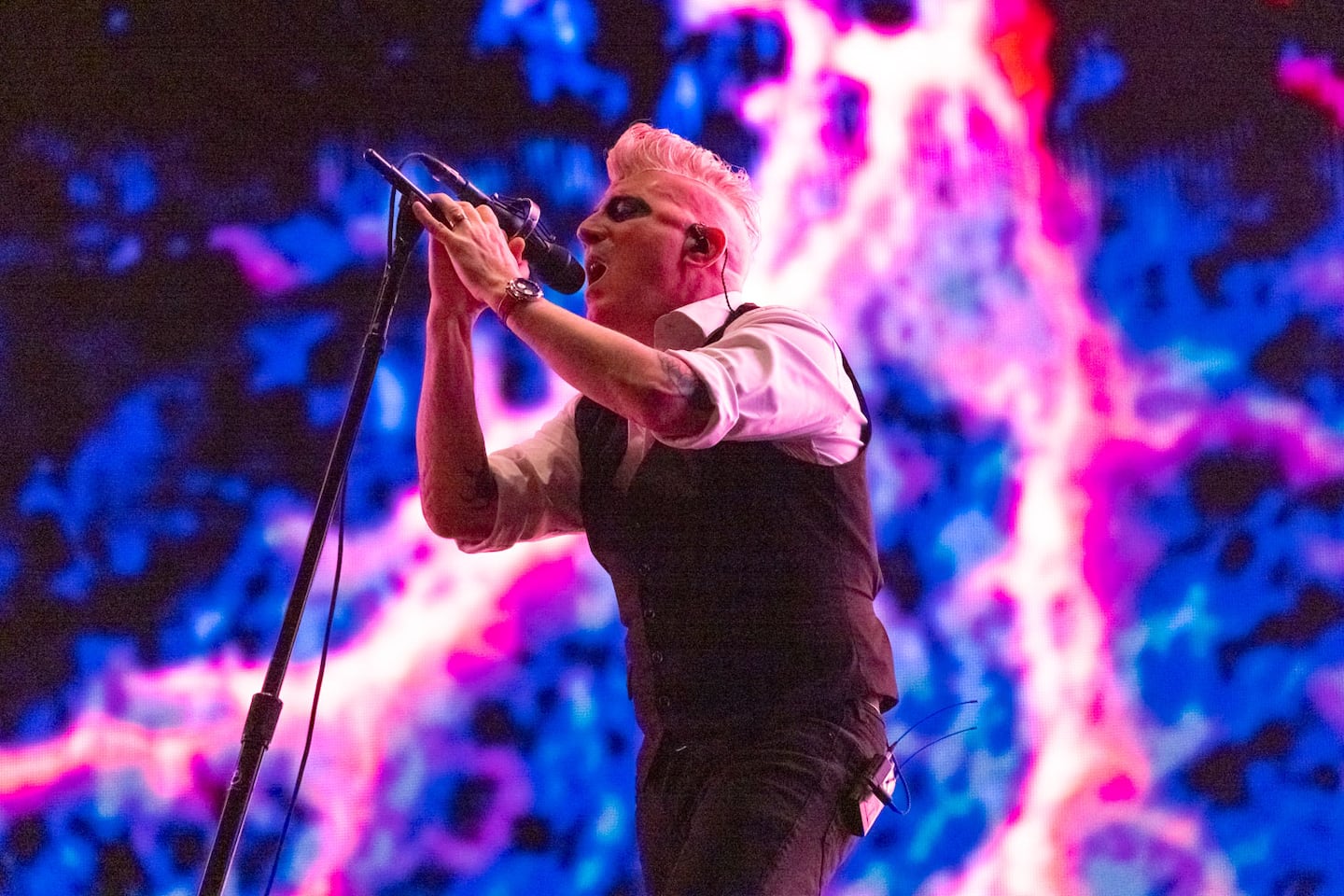Rock N Roll Veterans!!
Today is a special day in the United States. It’s a day that we take to honor the men and women of our awesome country for giving of their time to serve the American people.
I wanted to take the time to also highlight the musicians who have also served our country and some of them may surprise you!!!
Jimi Hendrix was faced with a choice in 1961: spend two years in prison for stealing cars or join the Army. He chose the latter and enlisted in May 1961. After basic training, he was assigned to the 101st Airborne Division and stationed at Fort Campbell, Ky. He asked his father to send his guitar, which he had left behind in Seattle. Some of his fellow soldiers made fun of his musical habit, but others joined in as Hendrix and performed at base clubs on weekends. But Hendrix’s overall disinterest in the military and lackadaisical attitude led to his honorable discharge in 1962.
Jerry Garcia Like Jimi Hendrix, Jerry Garcia, chose the military over prison time for stealing cars. But, like Hendrix, he didn’t take to his new life and was discharged less than a year after his enrollment in 1960. Still, the experience widened his horizons. “I lasted nine months in the Army,” Garcia told Rolling Stone in 1972. “I was at Fort Ord for basic training, and then they transferred me to the Presidio in San Francisco, Fort Winfield Scott, a beautiful, lovely spot in San Francisco, overlooking the water and the Golden Gate Bridge and all that, and these neat old barracks and almost nothing to do. It started me into the acoustic guitar; up until that time I had been mostly into electric guitar, rock ‘n’ roll and stuff.”
Jason Everman played in two of the most influential grunge bands of all time, joining Nirvana as a guitarist in 1989 before playing bass in Soundgarden. But in 1994 he steered his life in a different direction. “At that point in time, in the world I was in, going into the military was probably the most uncool thing you could ever do,” he said in 2014. Nevertheless, Everman enlisted in the Army and ended up serving multiple tours in Afghanistan and Iraq. He received an honorable discharge in 2006 and still goes overseas regularly, working as a military consultant. He also formed an all-veterans band called Silence & Light that released an album in 2019.
John Fogerty Before his band The Golliwogs became Creedence Clearwater Revival, the singer was in the Army Reserve, serving at Fort Bragg, Fort Knox and Fort Lee during the Vietnam War. He didn’t see any combat and was discharged in 1967.
Maynard James Keenan - The Tool singer was so inspired by Bill Murray’s performance in the 1981 film Stripes that he enlisted in the Army with the hope that his art school education would be funded by the G.I. Bill. Maynard served as a forward observer before studying at the United States Military Academy Prep School. Although he was distinguished in both basic and advanced training, he turned down an appointment to West Point, instead choosing to pursue music.
Ray Manzarek Several years before he became an outspoken critic of the Vietnam War, Doors cofounder and keyboardist Ray Manzarek enlisted in the Army Signal Corps in 1962, hoping to work as a camera operator. But he was assigned to the Army Security Agency at a base in Japan as a prospective intelligence analyst instead. But Manzarek didn’t sign the proper security clearances. “It was because he was of Polish descent and wanted to be able to visit the old country one day, after he got out of the Army,” Manzarek’s friend at the base, Britt Leach, later wrote. Poland was then a Communist country and was off-limits to intelligence personnel. Manzarek was eventually granted a discharge and enrolled in film school at UCLA, where he met his future bandmates.
Elvis Presley When Elvis Presley entered the Army in 1958, he was at the height of his popularity. He was offered a chance to enlist in Special Services to entertain the troops but was persuaded by his manager to instead serve as a regular soldier, a decision that earned him the respect of not only his fellow military men but older folks back home who viewed him and his music as a threat on America’s youth. “I had quite a few interesting experiences: slept out in the snow, ate through rations,” Presley said in a post-service news conference. “I suppose the biggest thing is that I did make it. I tried to play it straight like everybody else. I made a lot of friends that I wouldn’t have made otherwise. All in all, it’s been a pretty good experience.”






